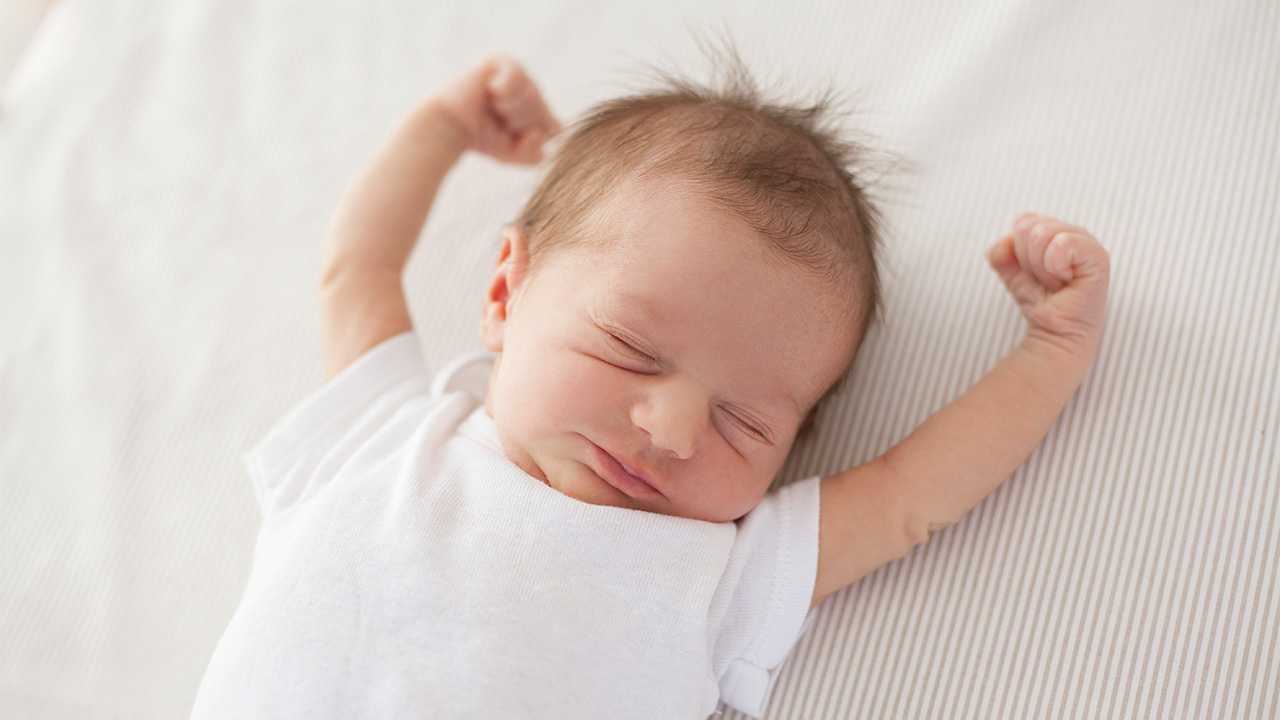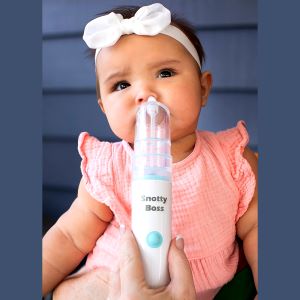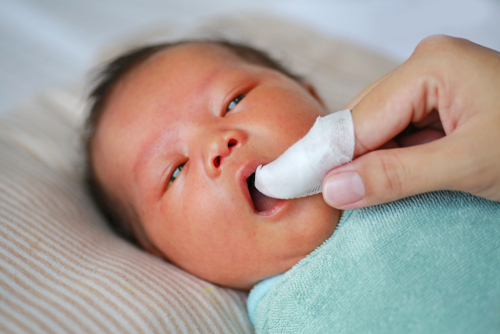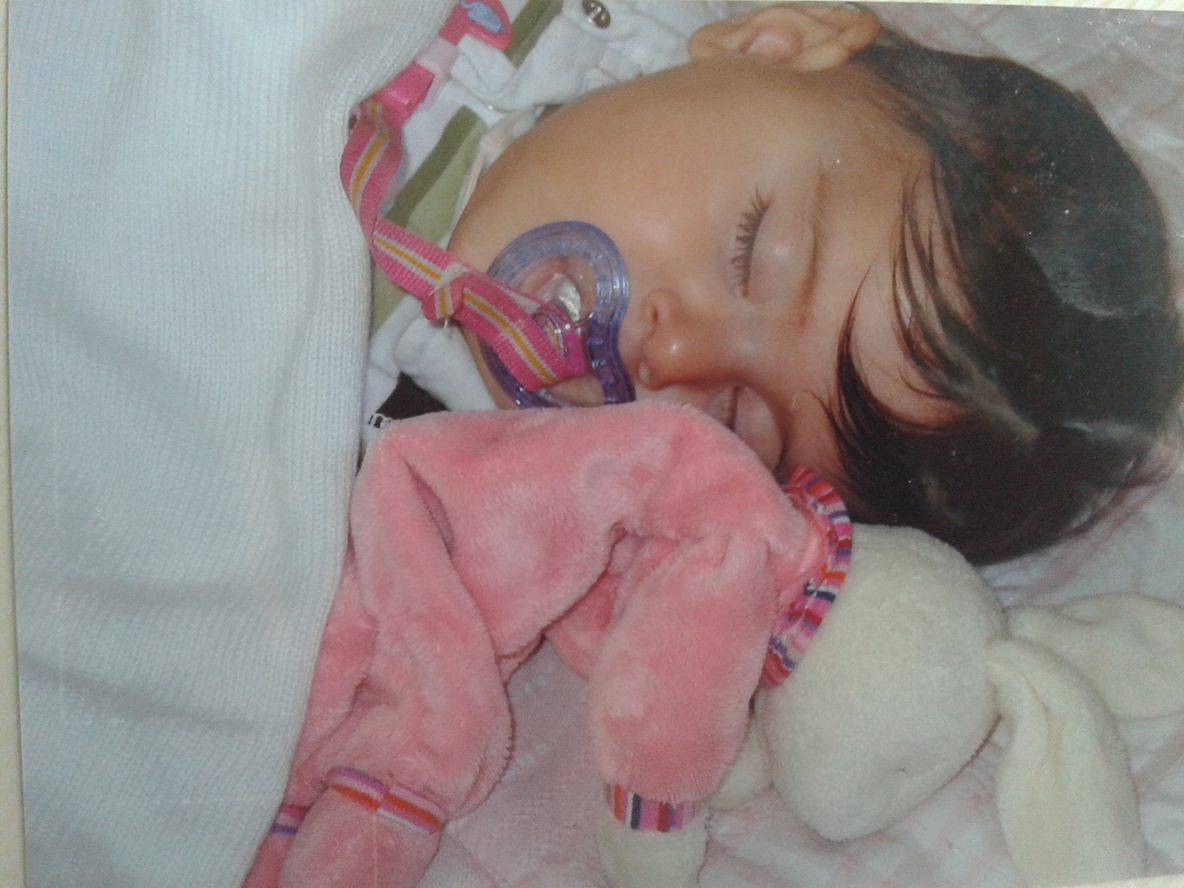when do babies start breathing through their mouth nhs
At three to four months a baby will develop the reflex that allows them to breathe through their mouth. Mouth-to-Mouth Resuscitation on a Child Age 8 or Older or on an Adult.
If theyre not breathing move on to step two.

. Your childs nostrils may flare get wider when they breathe. It is worse when a child is lying on their back. Bend down so that your eyes are level with your babys chest and watch for the up-and-down movement of breathing.
Look for the chest to fall as the child exhales. Mouth breathing may have many causes such as chronic colds sinus polyps and allergies. Repeat in the cheek pocket on the other side of the babys mouth.
At 6 months babies breathe about 25 to 40 times per minute. This is unless their nasal passage has some blockage which can lead to mouth breathing. Developing babies are surrounded by amniotic fluid and their lungs are filled with this fluid.
Put your ear next to your babys mouth and nose and listen for sounds of breath. The Sweetest Developmental Milestones. Contact NHS Direct for health advice or information on 0845 4647 or visit their website at wwwnhsdirectnhsuk.
But following birth your babys central nervous system will react to the extreme change in environment and that typically kick starts your newborn taking their first breath as. They may wheeze when breathing out. By their first birthday theyll breathe more through their mouth.
50 breaths per minute for an infant aged 6-12 months. They may make a high-pitched sound when breathing in stridor They may make a grunting sound when breathing out -. 20-30 breaths per minute for children of school age.
By 1012 weeks of gestation developing babies begin taking practice breaths. Develop your babys listening skills. Gently insert the tip into one side of the babys mouth pocket of cheek only.
An adult meanwhile takes about 12 to 20 breaths per minute. This sound called stridor can start as soon as the baby is born or more often in the first few weeks after birth. Your baby seems very tired or irritable.
Do not suction the back of your babys mouth. Breathing may be faster than usual or irregular. Babies with laryngomalacia make a harsh squeaky sound when breathing in.
It makes their face long chin recessed nose drop nostrils flare teeth crooked and smile gummy physician Dr. But after they are of age 6 months the gap between the epiglottis and the soft palate widens letting them switch between the nose and the mouth for breathing. Young babies dont develop the reflex to breathe through their mouths until they are 3 or 4 months old.
Feel for the child s breath on your cheek. Several health conditions and risk factors can lead to mouth breathing. It is caused by excess.
You could use soundmakers for example bells or hand claps. Dial 999 for an ambulance if. There may even be brief pauses where your baby doesnt seem to breathe at all for a few seconds.
It can happen when a child is frightened upset angry or has a sudden shock or pain. Its usually harmless but can be scary for parents particularly when it happens for the first time. This is due to the closer proximity between their epiglottis a switch between larynx and esophagus and the soft palate a muscle located at the back of the mouths roof.
60 breaths per minute for a baby aged 0-5 months. Mouth breathing especially occurring at a young age changes the development of a persons face. This periodic breathing pattern is usually perfectly normal and part of typical.
It is important for your baby to become tuned into the speech sounds and everyday sounds that they may hear. This allows them to breathe and eat at the same time. Mouth breathing itself is not usually a big problem says Yami Cazoria-Lancaster DO a pediatrician in Yakima Washington.
Called stridor or laryngomalacia this is a sound very young babies make when breathing in. Breath-holding in babies and children. Your baby is having a lot of difficulty breathing and is pale and sweat.
Your babys tongue and lips are turning blue. While most of the. In fact young babies until around age 3 to 4 months havent yet developed the reflex to breathe through their mouths.
When your babys asleep youll notice them go through what is known as periodic breathing. Tilt their head back and look and feel for breaths. Breathing problems your child may have difficulty breathing through their nose and may have to breathe through their mouth instead which can cause problems such as cracked lips and a dry mouth difficulty sleeping your child may start to snore and in severe cases some children have irregular breathing during sleep and become very.
40 breaths per minute for a child aged 1-5 years. There are long pauses in your babys breathing. Release the pressure and remove the mucus.
Symptoms usually get worse over several months. If breathing does not start on its own repeat the procedure. Remove your mouth.
Anil Rama explainsIt also leads to cavities bad breath bad sleep and a miserable personality. Looking at their chest to see if its moving and putting your face next to their mouth to feel for breaths on your. Babies are natural nose-breathers rather than mouth-breathers.
Listen for the sounds of breathing. Tilting their head back opens their airway by pulling the tongue forward. Put your cheek next to your babys mouth and nose and feel their tiny breaths against your skin.
At times their breathing rate may be rapid followed by periods of shallow breaths. Examples include the following. As your baby develops they should not only turn but also search for the sound they hear.
000 145. That is unless theyre crying. Newborns will usually breathe exclusively through their nose until about 6 months.
Newborns can also take rapid breaths and then pause for up to 10 seconds. Remove the syringe and empty the mucus by squeezing the bulb away from the babys face. The normal breathing rate.
Breath-holding is when a baby or child stops breathing for up to 1 minute and may faint. Most babies with laryngomalacia do not have trouble breathing or feeding even though their breathing is noisy.

Closeup Of Pretty Little Girl Opening His Mouth Wide During Inspection Of Pretty Little Girls Pretty Little Pretty

Do Babies Breathe Through Their Nose Or Mouth Snotty Noses Australia

Mouth Breathing And Your Child Why It Happens How To Stop It
Mouth Breathing In Children Adults Restoring Nasal Breathing Tongue

Do Babies Breathe Through Their Nose Or Mouth Snotty Noses Australia

Baby Sleeps With Mouth Open Should You Worry

Reasons Why Your Child Is Breathing Through Their Mouths Scott N Bateman Md Ear Nose And Throat Specialist

Sleep Apnea In Babies Babycenter
Is My Child A Mouth Breather Kelmscott Dental

Baby Sleeps With Mouth Open Causes And When To Worry

Mouth Breathing And Your Child Why It Happens How To Stop It

Mouth Care Efcni European Standards Of Care For Newborn Health

Signs Of Dehydration Baby Dehydration Medically Complex Children Signs Of Dehydration

Does Mouth Breathing Actually Matter That Much Dental Blog Spanaway Dental Wellness

Stop Mouth Breathing In Children By Patrick Mckeown Youtube

Why Do Babies Sleep With Their Mouths Open


